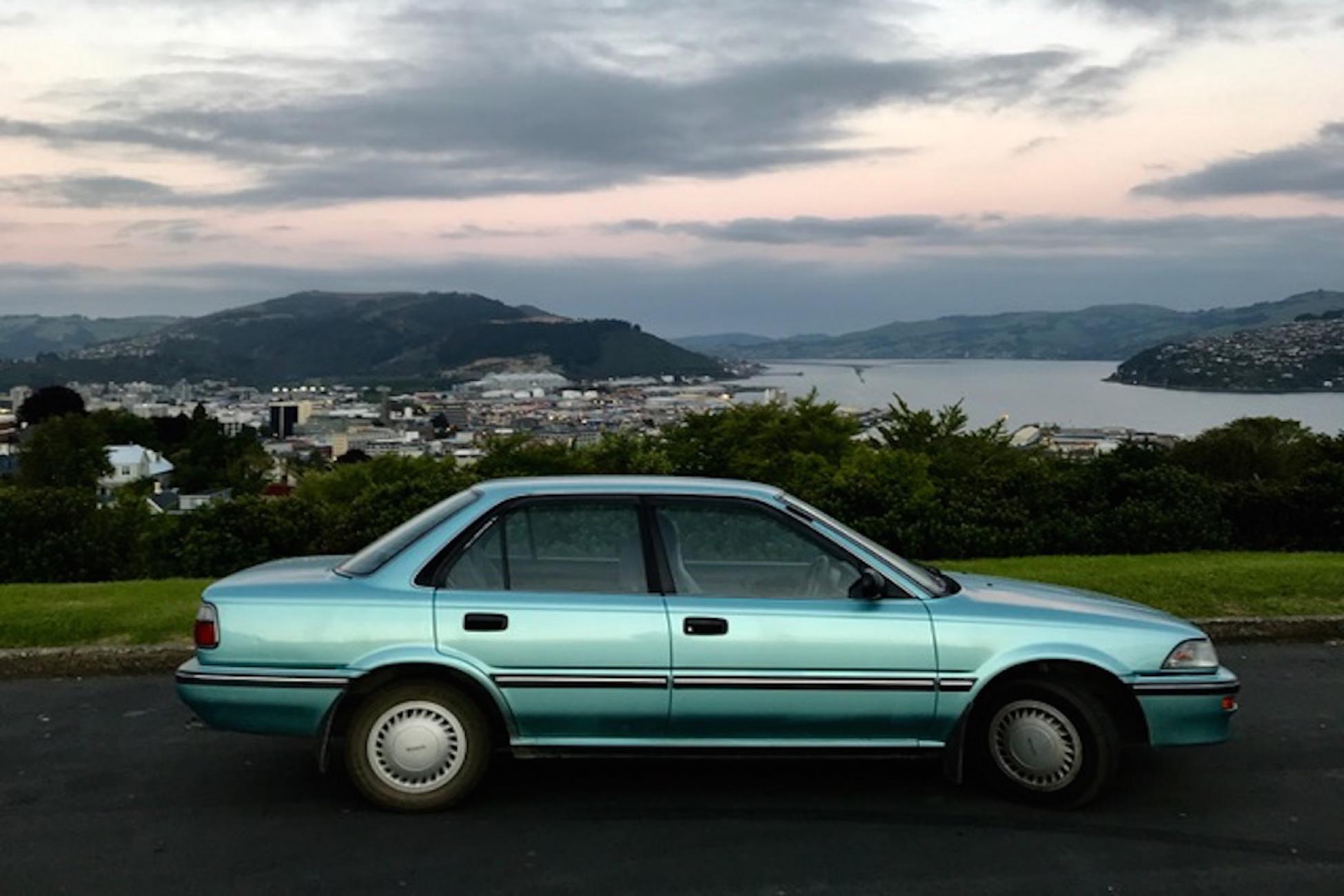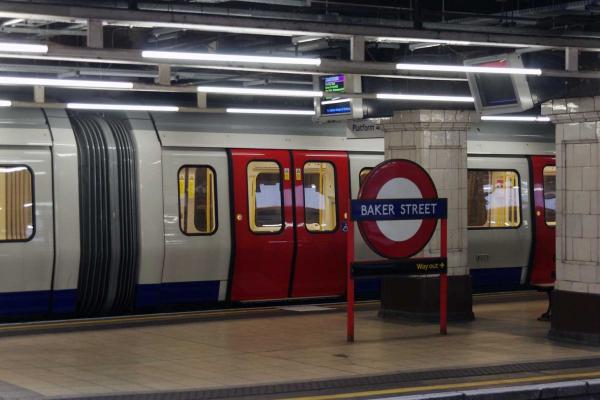When I arrived in Dunedin I decided that budgeting for a car was a priority. I like to hike, run and ski, all of which are more limited without easy access to transportation. While New Zealand does have buses and trains that connect major cities, it’s not quite as extensive as the grid I had grown accustomed to in the UK. It’s more akin to the travel network of Canada; public transport gets you to major hubs, but not to the backwoods destinations that end up being a trip’s highlight. I started the search for a car the first week of arrival.
Driving on the "wrong" side of the road
The first hurdle I had to clear was getting over my anxiety of driving seated on the right side of the car. I was lucky to get some very patient New Zealanders to take me to less crowded backroads for test drives.
Fellow North Americans might be slightly apprehensive, but I can honestly say it didn’t take long to adjust to the new driving setup and road rules. The hardest habit to break has been learning to signal using the right side of the steering wheel, which I realize I haven’t quite mastered when the windshield wipers start flapping uselessly side-to-side.
Where I searched for wheels
I started with Trade Me. It’s the Kijiji or Craigslist of New Zealand, where people go to post job opportunities, sell things no longer needed, and advertise flat rentals. I checked back regularly to see what was new, as things were being posted daily. The site is reserved for those already in NZ, but I discovered you can make an account before you get there by emailing the admin team; the account was limited and I couldn’t post anything to sell before I arrived in country, but that suited my needs.
That being said, I didn’t only search online. There is a pretty established scene for backpackers to buy a car, epic journey through Middle Earth, and sell their trusty steed at the journey’s end. I checked postings on bulletin boards in hostels to see if I could snap up a no-longer-needed whip.
I also found out a helpful trick from one of my flatmates; there are certain roadside spots where cars for sale get parked while people are at work for the day. You’ll find these areas by keeping an eye out for multiple cars with printed signs in the windows or by having a chat with a local. I spent a few hours running up and down sidewalks looking at potential buys.
To get a licence or not to get a licence
Technically, if you’re from a country on the approved list, you can drive for up to a year after your arrival in New Zealand. My Canadian driver’s licence qualified, but, turns out, isn’t an approved ID for purchasing alcohol—I’m lucky enough to look young enough to be asked for that on occasion. Only a passport or NZ-issued ID qualifies, and not wanting to tote my ticket out of the country around on nights at the pub, I opted to get the NZ ID.
The driver’s licence conversion was a pretty easy process, just a few forms and a fee of about $50 NZD at the local Automobile Association (AA), but it will depend on what office is closest to you. If the country that issued your licence isn’t on the list, you may have to pay to take a driving test.
Making it legal: How to register, license ("rego") and warrant of fitness (WoF) your car
There are three things necessary to make sure your car is legal on the road: registration, rego and WoF. The registration happens when you change ownership for a car. Generally, the plates stay with the vehicle if it’s used, so it’s just a few forms and a fee and you’re set. I had to go into a physical office (AA to be specific) because my NZ licence had yet to arrive, but this can otherwise be done online. The rego is a fee you pay annually to keep the car on the road and helps pay for pothole patching and other fun things. I did this online.
The WoF can be done at an approved mechanic; because NZ cars tend to be used into older ages, it’s a check to make sure your vehicle is safe to be on the road. This happens annually, or biannually if your car was born before January 1, 2000. I also had a pre-purchase inspection done on one of the vehicles I was considering, which ended up flagging issues that my mechanically uninclined self failed to notice. (I highly recommend this step!)
Since I had already visited so many times, I opted to sign up as a member of AA. With it came discounted affordable insurance (so much cheaper than Canada), and road-side assistance. I have already used this helpful service—not being used to the turnkey car start, I locked my car with the keys still in the ignition. Oops. Trade Me has its own similar version to the AA membership and car insurance that’s worth a look.
The end results
Overall, the paperwork process was really straightforward and traveller-friendly. I found a trusty chariot off Trade Me, which matched all of my super sexy specifications—low mileage, single previous owner, reliable model, fuel efficient and under budget.
What does this dream speed machine look like, you ask? The answer: A 1990 turquoise Toyota Corolla, a stylishly vintage rig, which I have dubbed "Frodo." He even came with snow chains. Match made in heaven? I think so and I'm looking forward to the faraway places he takes me!
Add this article to your reading list




